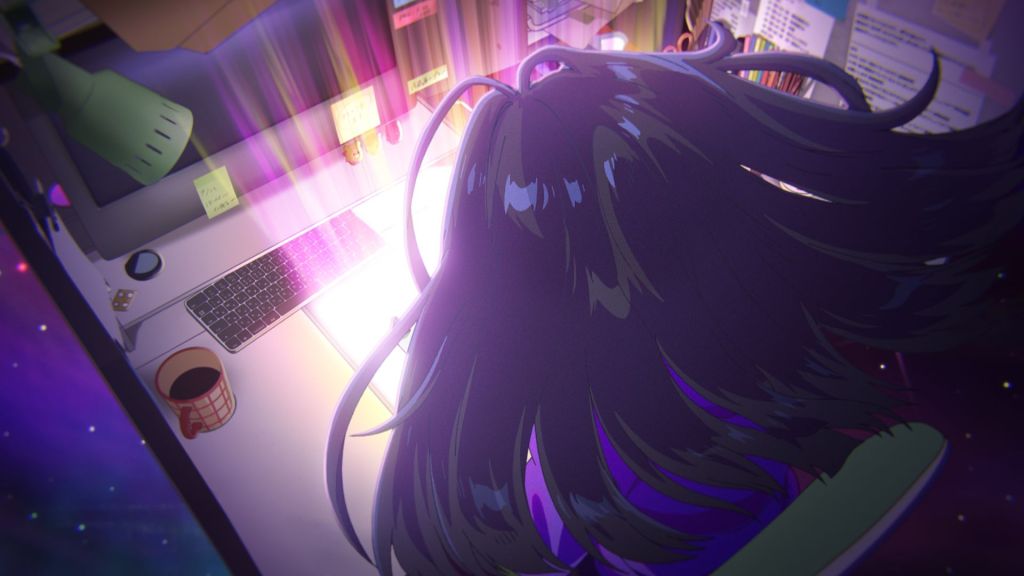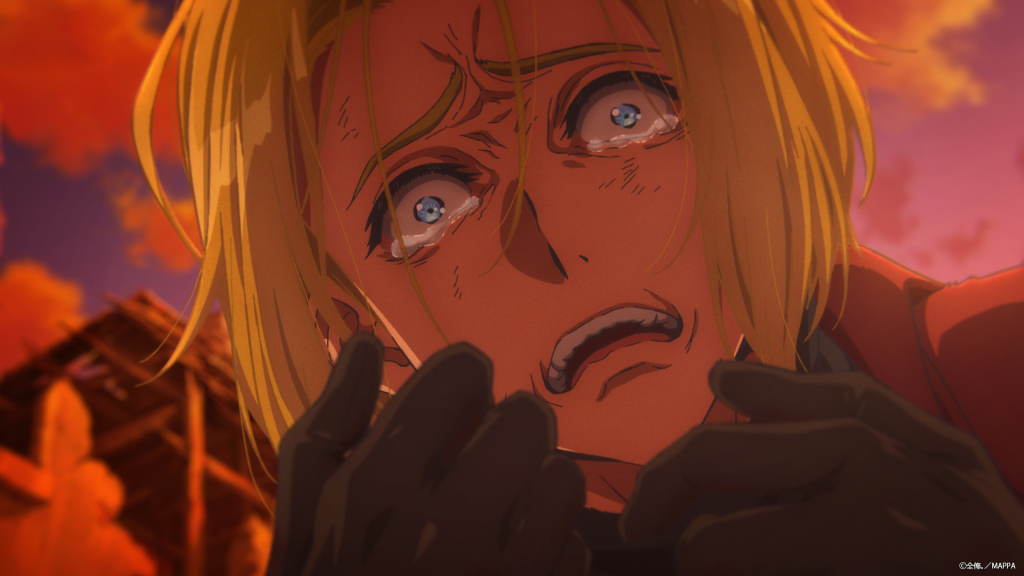MAPPA has become a household name among anime fans, with an impressive catalog of work featuring series like Jujutsu Kaisen, the recent reboot of Ranma 1/2 and Chainsaw Man, to name a few. While the studio has mostly adapted existing properties like those listed above, they have slowly begun producing original works. Their latest project, ZENSHU, debuting during the Winter 2025 anime season on January 5, is one of these projects, and based on the first episode, is setting the bar for the rest of the year remarkably high.
Videos by ComicBook.com
Aside from showcasing the talents of the animators and production team over at MAPPA, ZENSHU wears its heart on its sleeve from the very beginning, and in its first episode, the series makes it crystal clear that it’s not just a passion project – it’s a project that aims to capture the complex relationships that creatives have with their work, and with the properties that inspired them. The show utilizes elements from one of anime’s most oversaturated genres, isekai, to its advantage to explore these themes, following an animator who has lost their spark to create after their first major commercial success.
[RELATED: New The Apothecary Diaries Trailer Gives Final Look at Season 2 Ahead of Premiere]
That’s precisely what makes the first episode of ZENSHU feel so special; the anime is a cleverly crafted exploration of what it can look like when a storyteller loses sight of what inspired them to begin creating and how powerful and freeing it can be to revisit the things that made them want to pick up the pen in the first place. The series primarily focuses on an animator and director named Natsuko, who, after her directorial debut on a magical girl anime that became a massive commercial success, is struggling to find the motivation to complete her next animated project.

Despite her difficulties in motivating herself to work on storyboards for the film, Natsuko refuses to let anybody else help her with the workload, insisting that she should be able to accomplish it because of her reputation. After revisiting her favorite animated movie, A Tale of Perishing, which inspired her to pursue working in the anime industry, Natsuko suddenly dies and wakes up in the world of the film. Aware of how bleak the events of the film are, Natsuko becomes overwhelmed by a deep-rooted love for the characters and discovers that using the power of her own creativity and skills as a writer, she has the potential to change the fates of the cast members.
ZENSHU Masterfully Explores the Importance of Artists Reconnecting With & Embracing Their Roots
Something that makes Natsuko an interesting protagonist in ZENSHU is that audiences aren’t introduced to her when she’s in her prime. While it’s communicated that she’s a beloved figure in the industry and that the studio she works for deeply respects her, Natsuko’s first appearance is that of a young woman feeling burnt out working on a project that she isn’t passionate about completing but could solidify the future of her career in an industry she deeply cares for. This is a common sentiment among creators in the real world, and, despite Natsuko’s messy appearance, overgrown hair, and nonchalant exterior makes her deeply sympathetic.
Natsuko’s appearance in Episode 1 clearly symbolizes her current professional plight. Without giving away too many details regarding Episode 1’s final moments, ZENSHU does finally give viewers a glimpse of Natsuko’s real face in a powerful moment when she finally allows herself to fully reconnect with the world of A Tale of Perishing and gives herself the artistic freedom to draw something she actually cares about. While all of this is handled through an action-packed sequence that, on the surface, prioritizes poking fun at isekai tropes, it also shows that ZENSHU plans to dive deep into the psyche of an artist who’s desperately — albeit subconsciously — searching for that childlike wonder they once had before their work was used to turn a profit.

This sense of childlike whimsy and fear can be felt when Natsuko realizes she needs to jump into action and do something. It’s not simply because she has some sort of ulterior motive to become an overpowered hero in a world where she knows beat for beat what’s coming next. Rather, it’s because Natsuko knows the catastrophic consequences the scripted events within the story will have on A Tale of Perishing‘s protagonist if she doesn’t do something to try and alter the fates of the characters that meant so much to her as a young girl. Her heroism comes from a true love of artistry and storytelling that shook her to her core and motivated her to become an artist — a sentiment that is deeply profound in today’s landscape of commercialized creativity and media consumption.
ZENSHU is available to stream on Crunchyroll.








